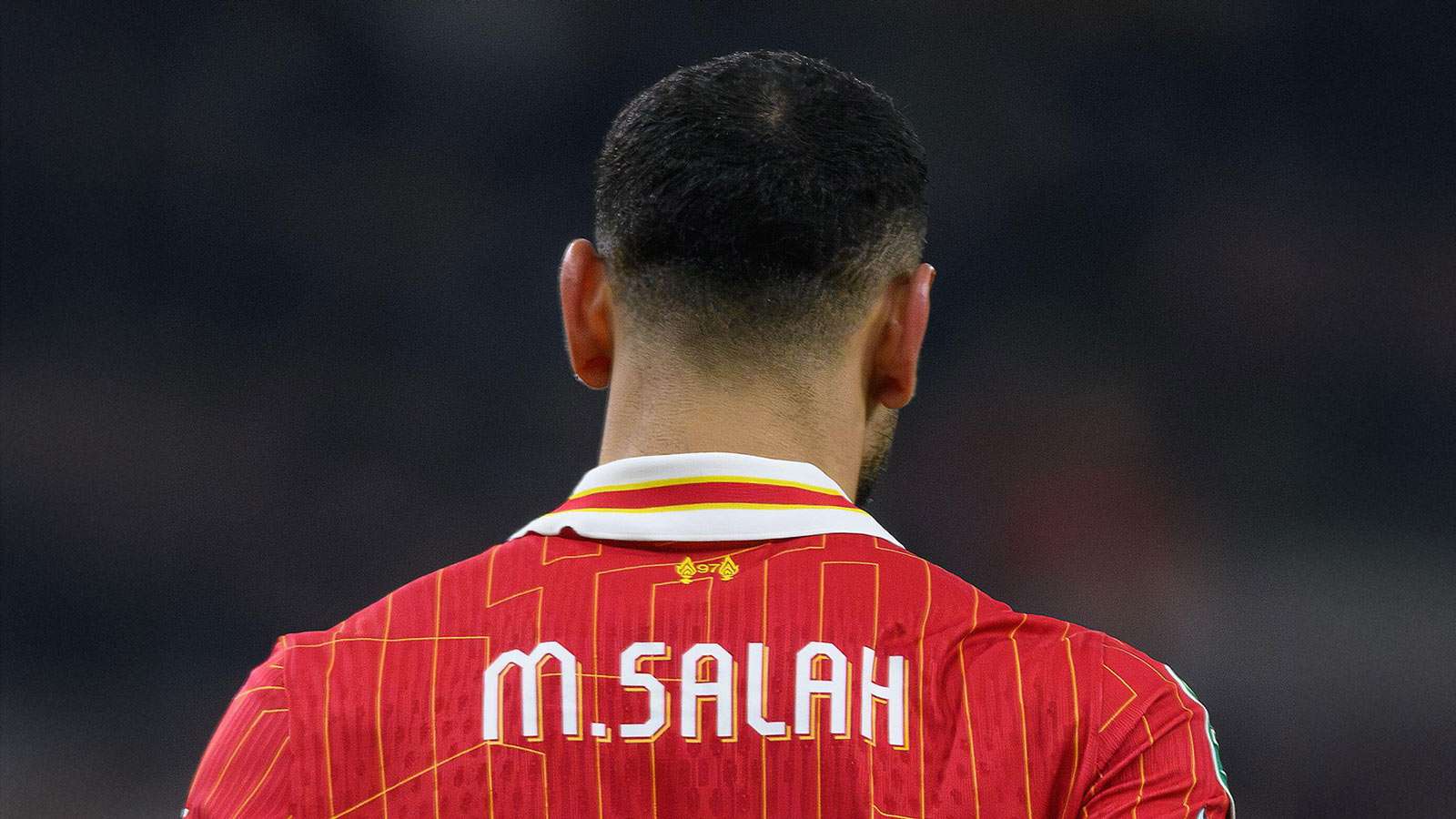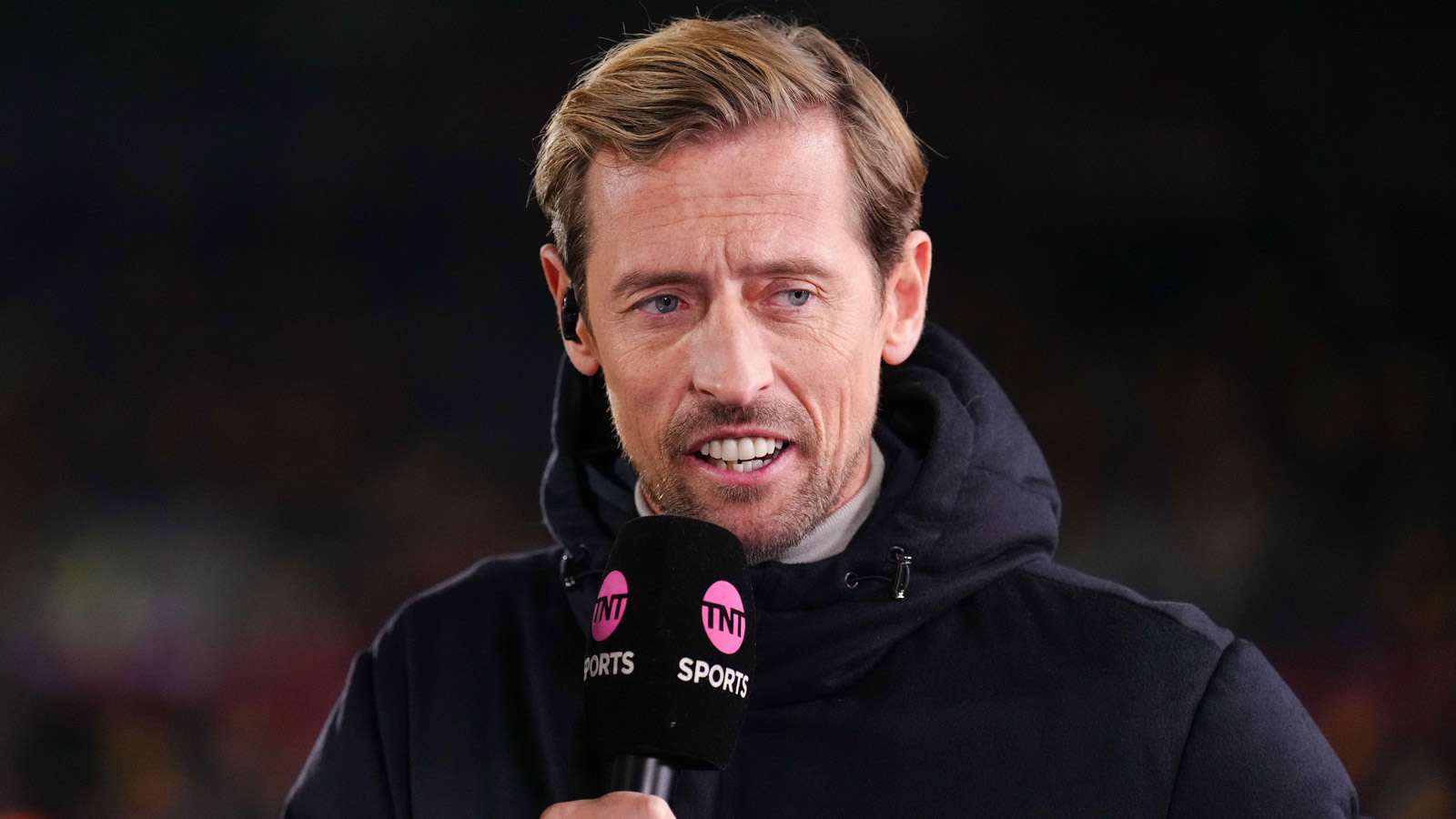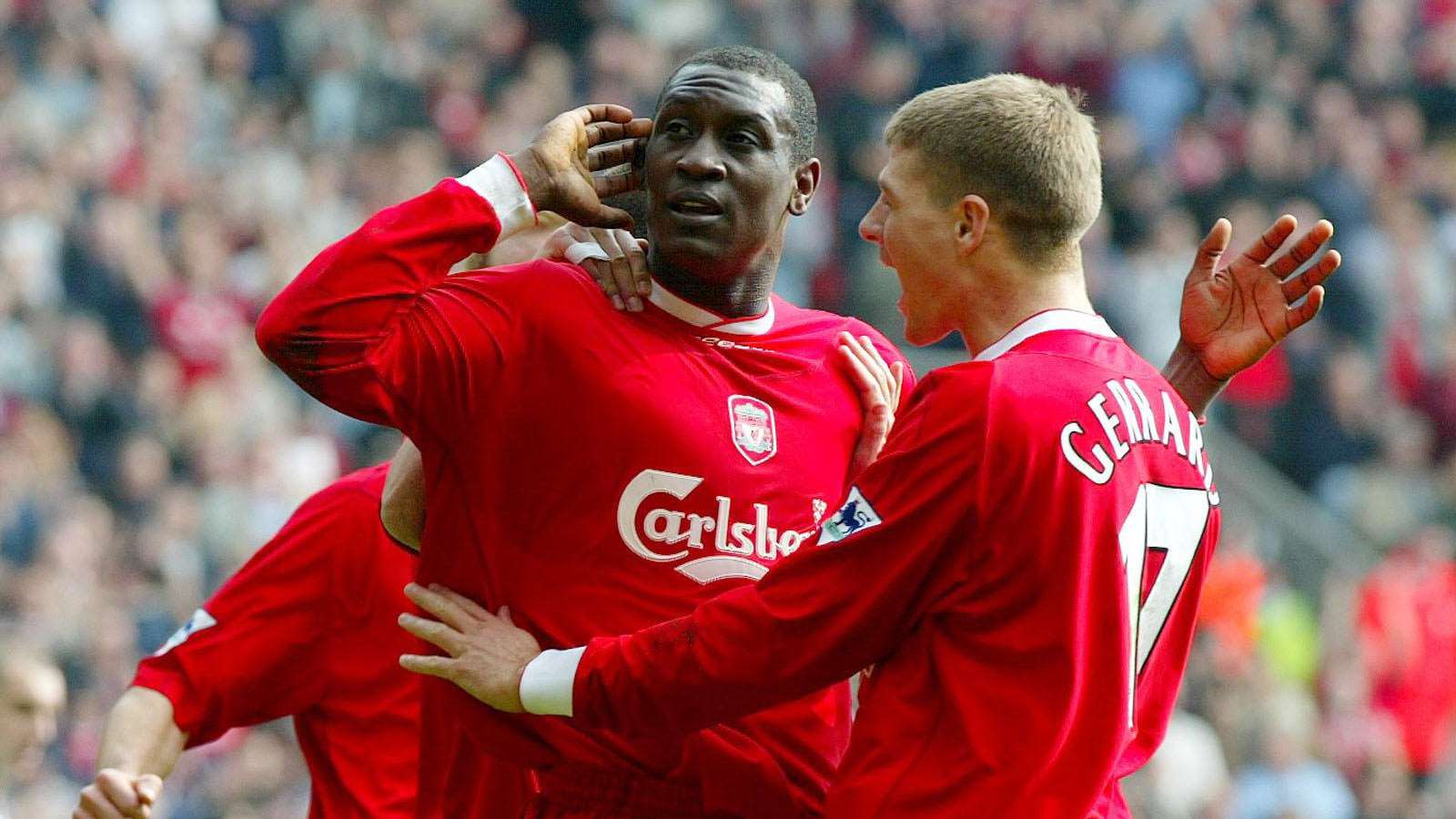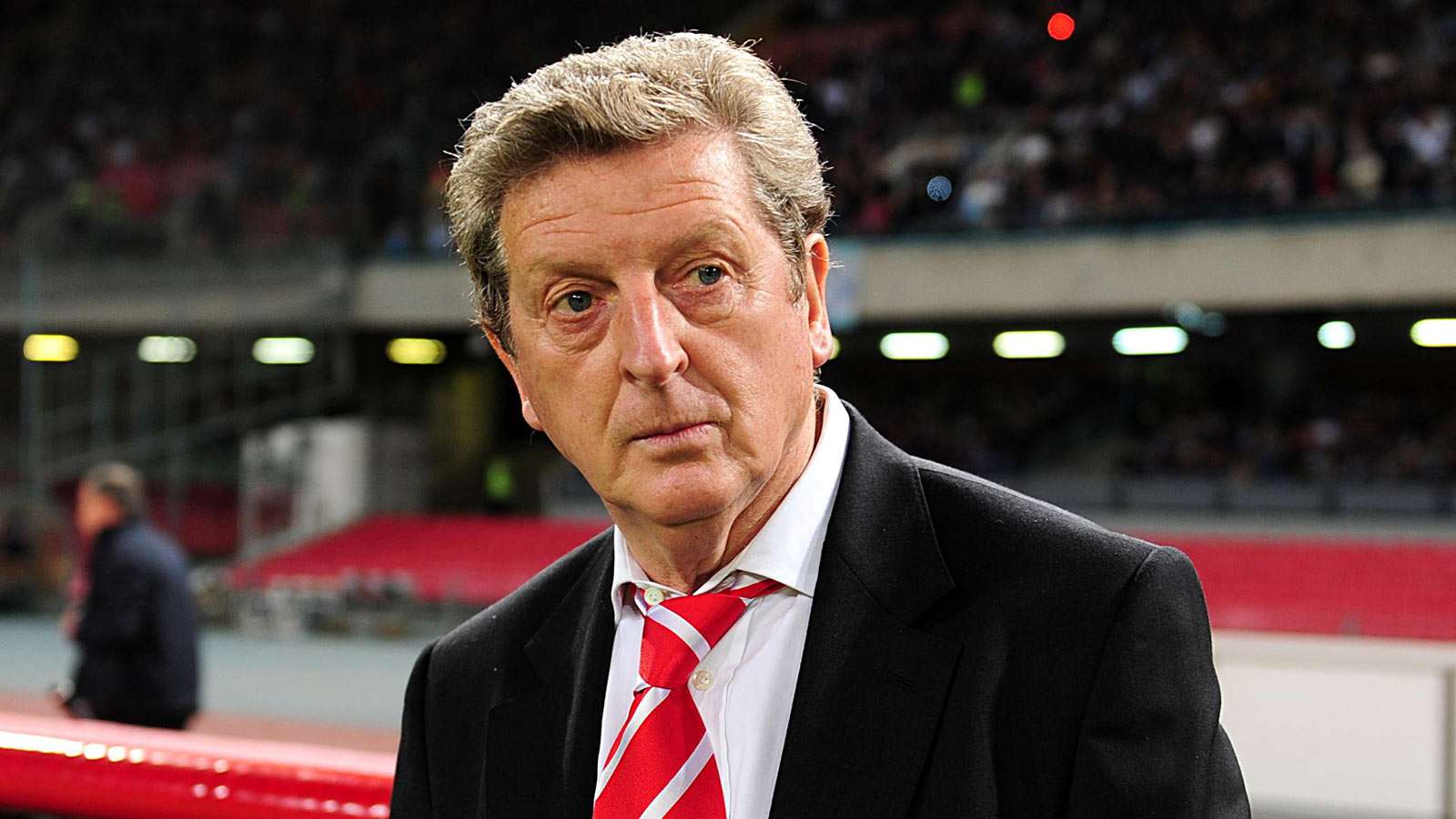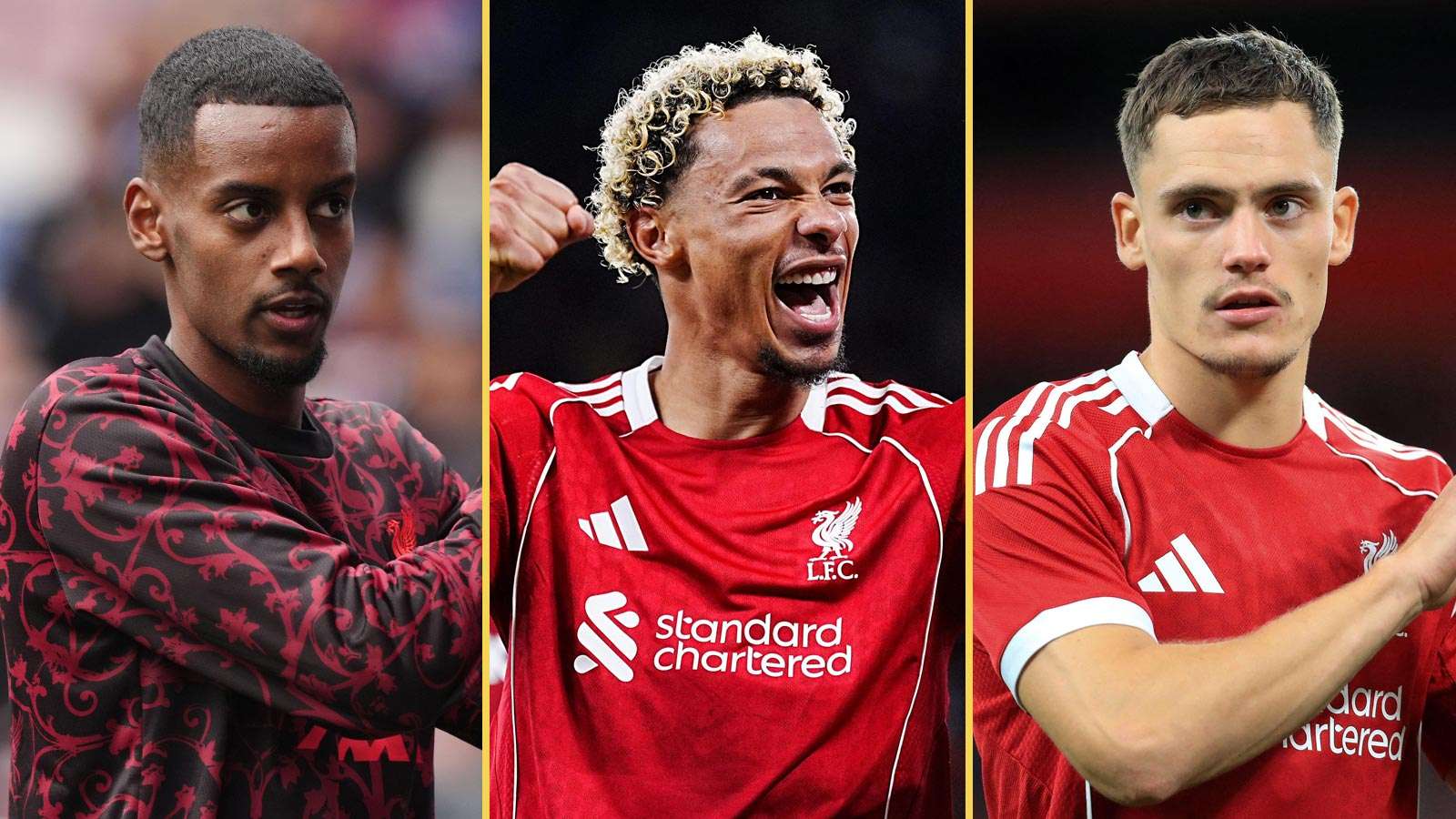Mohamed Salah is surprisingly left out of the 2025 FIFPro World XI despite a record-breaking season, while Virgil van Dijk secures his fifth inclusion.
Virgil van Dijk has once again secured a place in the FIFPro World XI for 2025, underlining his continued status as one of football’s elite defenders.
The Liverpool captain’s leadership and defensive mastery played a pivotal role in guiding the Reds to Premier League glory last season.
This marks the fifth time Van Dijk has earned this honour, following previous inclusions in 2019, 2020, 2022, and 2024, cementing his place among the sport’s modern defensive greats.
However, while Van Dijk’s recognition is well-deserved, the glaring absence of Mohamed Salah from the World XI has left fans and pundits alike scratching their heads.
Salah, Liverpool’s talismanic forward, delivered one of the finest campaigns of his career during the 2024/25 season, scoring 29 goals and providing 18 assists across all competitions. That tally gave him 11 more goal contributions than any other player in Europe’s top five leagues a statistical feat that arguably should have guaranteed him a spot in the elite XI.
Despite being nominated alongside Van Dijk’s Liverpool teammate Alisson Becker, Salah failed to make the final XI. Gianluigi Donnarumma was selected in goal, while the attacking trio was composed of Lamine Yamal, Kylian Mbappé, and Ousmane Dembélé.
While these are undoubtedly world-class talents, the omission of a player with Salah’s consistency, influence, and impact over a full season raises serious questions about the selection process.
Salah’s absence becomes even more striking considering the context of Liverpool’s 2024/25 campaign. The Egyptian’s goals were decisive in securing the Premier League title, often turning tight matches in Liverpool’s favour.
Beyond the numbers, Salah’s ability to dictate play, stretch defenses, and combine with his teammates made him arguably the most influential attacker in the English top flight last season.
FIFPro World XI selections are based entirely on votes from professional footballers worldwide, with over 26,000 players across 68 nations participating. While this process lends credibility to the award, it also highlights the subjectivity inherent in such polls.
Many voters may weigh factors such as global profile, recent performances in high-profile competitions, or team achievements differently, which can lead to surprising omissions like Salah’s. Yet, when a player produces the sheer volume and quality of contributions that Salah did, leaving him out seems difficult to justify.
Liverpool fans will undoubtedly feel that this snub undervalues Salah’s impact on the field. Unlike defenders or goalkeepers, forwards are often judged primarily by tangible contributions such as goals and assists, and on that front, Salah was clearly among the best in the world last season. His creativity, finishing, and ability to perform consistently under pressure arguably placed him on the same level as, if not above, other attackers who were chosen.
The 2025 FIFPro World XI ultimately reads as follows: Gianluigi Donnarumma in goal; Achraf Hakimi, Virgil van Dijk, and Nuno Mendes in defence;
Cole Palmer, Jude Bellingham, Pedri, and Vitinha across midfield
The attacking line of Lamine Yamal, Kylian Mbappé, and Ousmane Dembélé.
While Van Dijk’s inclusion is fully merited, Salah’s omission highlights the occasional disconnect between statistical performance, influence on the pitch, and the perceptions of his professional peers.
For supporters, awards like the FIFPro XI are often secondary to the joy of seeing their team succeed. But for players, recognition at this level carries significant personal and professional weight. Mohamed Salah’s exclusion, despite arguably one of the most productive seasons of his career, will surely be a talking point
But one that does little to diminish the remarkable impact he continues to have on the game.
